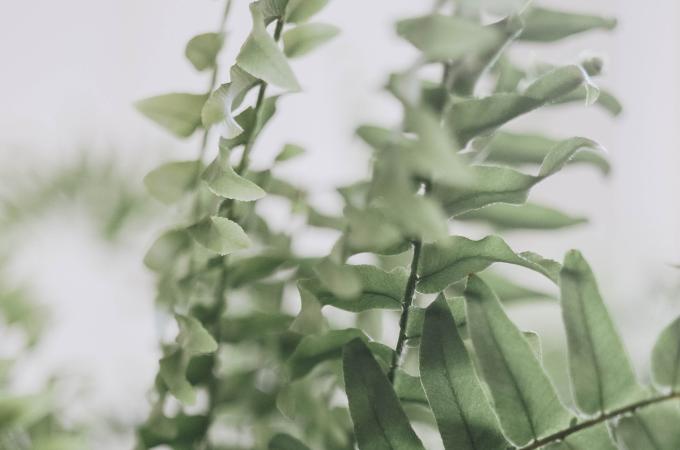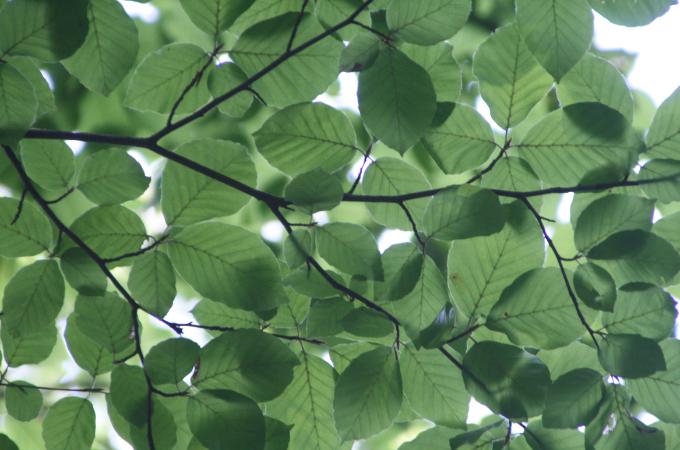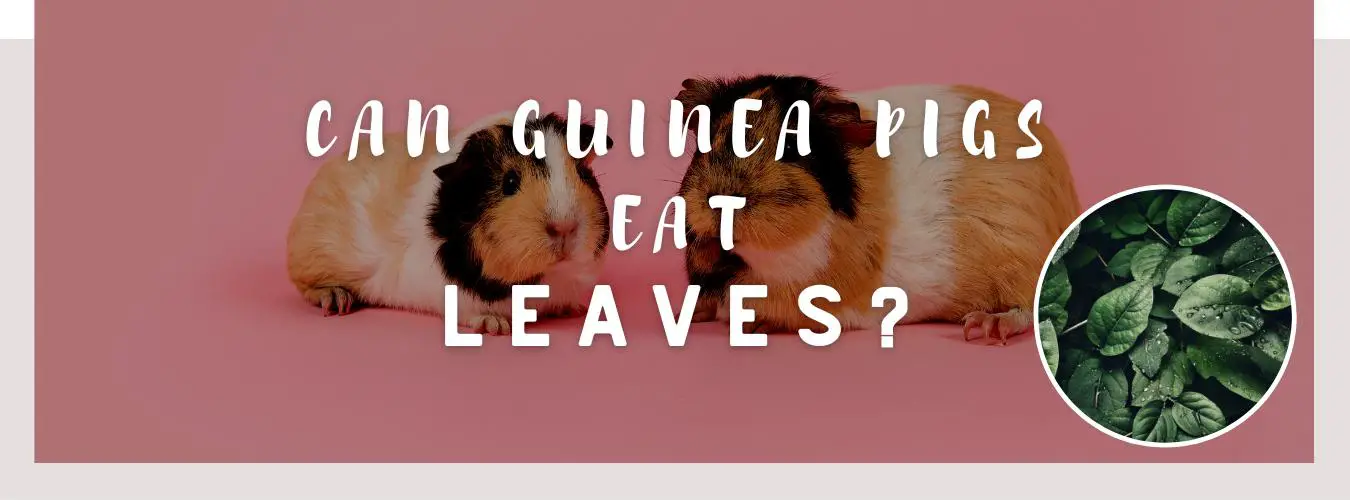
As responsible pet owners, we want to ensure that our pets never go hungry, and that they eat nutritious and healthy food. Here are a few things to consider when asking the question: “Can Guinea Pigs eat leaves?”
As Herbivores, Can Guinea Pigs Eat Leaves?
The most obvious answer is “Yes of course, Guinea Pigs can eat leaves”. However, it is not as simple as taking any leaf and feeding it to your little furry friend. Leaves are any of the principal appendages of vascular plant stems.There are many kinds of leaves, each with their own shapes, form, and composition. Among them are ferns, conifers, flowering plants, lycophytes, grasses and monocots, and other more specialized leaves. Each type of leaf contains their own myriad of nutrients and compounds, both beneficially nutritious and toxically lethal, depending on which leaves are eaten or consumed.
You might also like: Can Guinea Pigs Eat Weeds?
Nutritional Content of Leaves for Guinea Pigs

Being pretty much the food factory of plants (as these are where most, if not all plants go through photosynthesis), leaves in general have a number of nutritional benefits for your guinea pigs. Among them are:
- Antioxidants – Some leaves produce antioxidants which help your furry pets to get rid of toxins and free radicals from their bodies through either passing waste or through their skin. These antioxidants also help with protecting your pets’ hearts, lowering the risk of infections, and even fighting cancer.
- Minerals – The body needs a healthy dose of minerals to function properly. Some of these minerals aid in specific bodily functions. For example, Potassium helps to regulate electrolyte and water balance in your furry little ones’ bodies. It also helps to strengthen their bones, and aid in proper digestion and passing waste. Without Potassium, your guinea pig would probably be dehydrated or unable to properly process their bodily waste, which is lethal for all living organisms.
Another mineral necessary for proper bodily function is Calcium. This helps with bone density and strength. However, too much Calcium may also lead to bladder stones and kidney stones in your little furry pets’ systems, so this should not be overdone.
- Vitamins – It goes without saying that vitamins are good for the body. Since there are many types of leaves available, so goes the number of vitamins that they possibly contain. Among the more beneficial vitamins available in leaves are Vitamins A and C. As previously discussed, antioxidants like Vitamin A help your little furry pets get rid of free radicals that cause damage to the organs. Vitamin A also manages and prevents inflammation, keeps the brain and heart in good condition, and improves skin quality.
Vitamin C, on the other hand, helps to heal your furry pets’ bodies much faster through the production of collagen. This also prevents the fatal disease called scurvy. It is important to note that your guinea pigs need to get Vitamin C from external sources such as leaves and fruits because they do not produce these naturally.
- Proteins – Just as carbohydrates are needed for energy, proteins also provide an additional benefit to your little furry pet. Proteins are the building blocks of life, allowing for the repair of your pet’s organs and their overall growth. With the slow release of energy compared to Carbohydrates, proteins also help to regulate body temperature lasting the whole day.
You might also like: Can Guinea Pigs Eat Chives?
Risks to Guinea Pigs Eating Leaves

Naturally, there will be a few risks to your little furry ones’ health if they consume any random leaf they pick up. Below are some examples:
- Upset Stomach/Diarrhea – Some leaves may irritate the sensitive lining of your little furry ones’ digestive tract, causing complications such as upset stomach, diarrhea, gastrointestinal bleeding, and other similar gut problems. It is best to research on proper leaves to feed your guinea pigs instead of just any random leaf available.
- Urinary Complications – Some leaves, as previously stated, can contain minerals such as Calcium. Too much of this built up over time in your pet’s kidney or bladder may lead to stones, which eventually make it difficult to urinate or pass waste.
In Summary: Leaves are OK, but best be prepared
Just because your pets are herbivores, it doesn’t mean they should go about just eating random plants and leaves. It is always best to do research and consult experts on what to properly feed your little furry pet to avoid fatal complications.
I am a huge animal lover and have four dogs, a Labrador, Jack Russell, Pug, and Teacup Yorkie. I also have a cat and a Cockatiel. I have had pets since I was a toddler, and there was not a day when there wasn’t an animal in my house.









